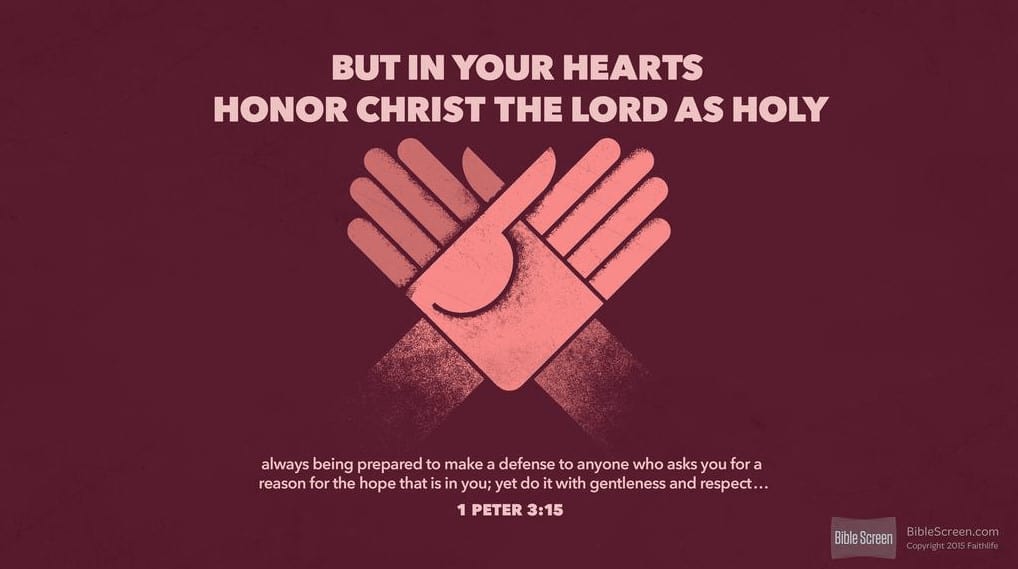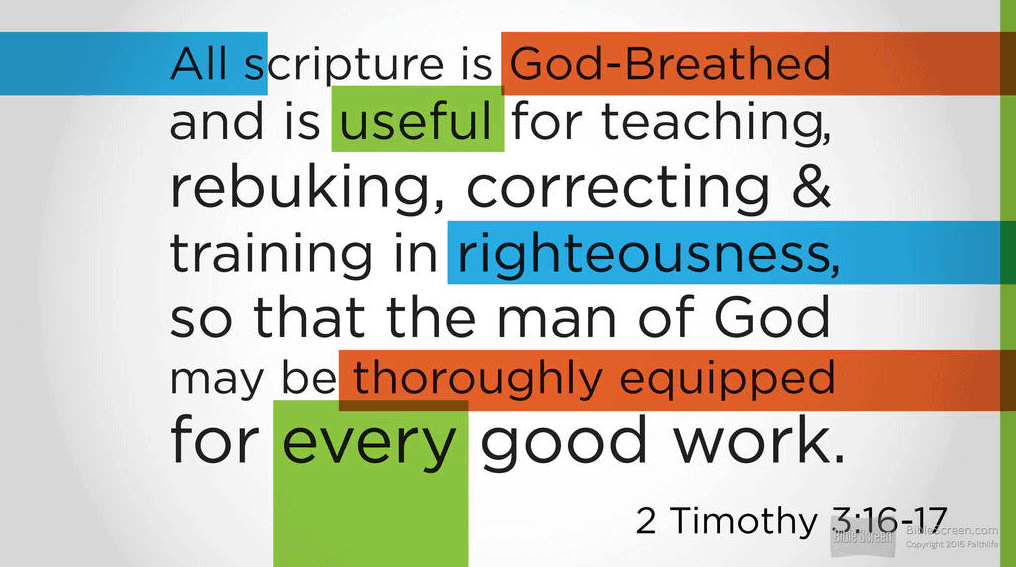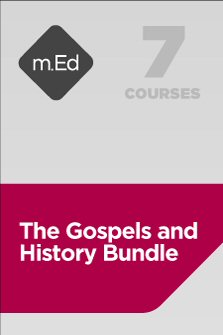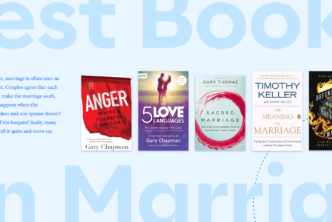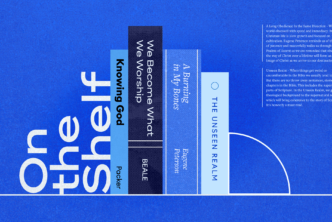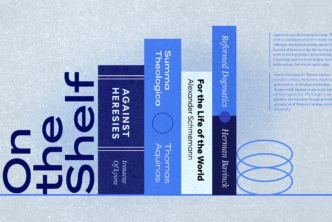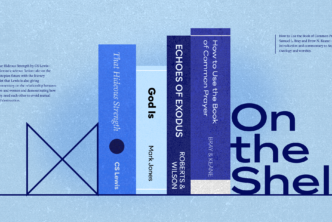When someone asks, “How can I trust the Bible?”, there are numerous passages in Scripture that we can turn to which affirm God’s sovereignty and the truth of his Word (2 Timothy 3:16–17, Matthew 5:18, Proverbs 30:5–6, 2 Peter 1:20–21). But quoting Scripture isn’t the only way we can respond to objections to the Bible’s authority (1 Peter 3:15). When the conversation isn’t rooted in a shared faith in Jesus, it helps to have more tools.
Some people assume that Christianity has little to stand on besides faith. And even Christian scholars wrestle with doubt. So how do we demonstrate that we can trust Christianity—without simply telling people “because the Bible says we can”? As Josh McDowell and Don Stewart have said, “The mere fact that the Bible claims to be the word of God does not prove that it is such, for there are other books that makes similar claims.”
In The Gospels and History Bundle, Mobile Ed brings together prominent Bible scholars to explore the literary context of the gospels, the historical Jesus, critical issues in the synoptic gospels, the philosophy of history, objections to the gospels, and more. Scholars like Craig Evans, Michael Licona, and Mark Strauss address these areas using the same careful, reliable methods academics apply to other ancient literature.
These seven courses will bolster your faith with insights you can apply the next time you open your Bible, and practical wisdom you can bring to your discussions.
Here’s what you can explore with The Gospels and History Bundle:
1. Learn how genre affects how we read and understand Scripture—and how putting the gospels in the context of other ancient biographies changes our expectations.
2. See how what we can demonstrate about the historical person of Jesus leads us to examine his message and his miracles.
3. Find out how the historical method itself presents a unique set of challenges—and how the Bible holds up under those challenges.
4. Examine ancient teaching methods to see how Jesus taught, what he taught, and why his teaching was recorded the way it was.
5. Study extra-biblical sources that refer to Christ and discover what they reveal about Jesus’ life and how he was perceived by early non-Christian witnesses.
With more than 30 hours of lectures at your disposal, “I don’t know” becomes “Let’s find out.”


